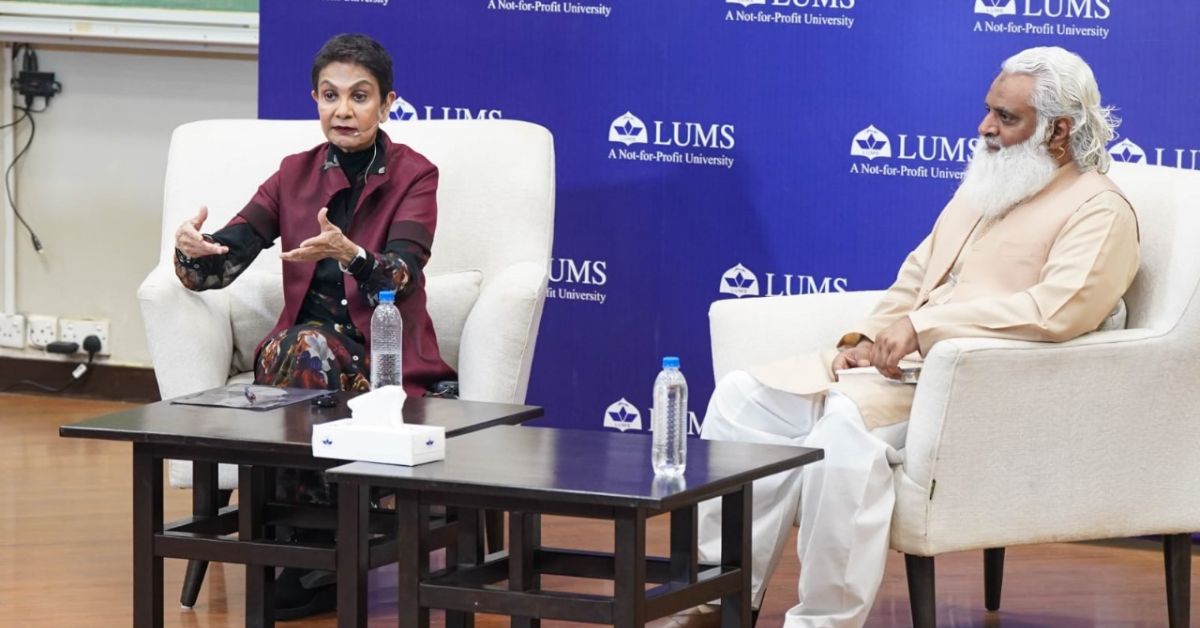Whispered Wisdom of a Mystic Sufi
The founding of the Ottoman Empire is a tapestry woven with the threads of inspiration, guidance, and visionary leadership. At the heart of this narrative stands Osman Ghazi, a figure not only revered for his martial prowess but also for his enlightened approach to governance. His story, however, would be incomplete without the profound influence of Sheikh Edebali. The teachings and philosophy of this revered Islamic scholar and Sufi mystic left an indelible mark on Osman, shaping his ideology and, ultimately, the empire he would establish.
Who was Sheikh Edebali?
Though the pages of history are filled with great names, Sheikh Edebali’s stands out for his unique blend of spiritual insight and practical wisdom. Born in the 13th century, Edebali rose to prominence as a celebrated Islamic scholar and Sufi mystic in Anatolia, a region buzzing with cultural and religious dynamism. His knowledge was vast, reflecting both the depth of the Islamic scriptures and the esoteric truths of Sufism.
Edebali was more than a spiritual leader; he was a pivotal figure in the religious and political landscape of his time. Known for his deep understanding of the human spirit, Edebali attracted followers who were captivated by his teachings. Among them was Osman Ghazi, the founder of the Ottoman Empire. Their relationship went beyond mere mentorship—Edebali became a trusted advisor and even the father-in-law of Osman, cementing their bond both spiritually and familially.
The profound connection between Edebali and Osman was marked by mutual respect and shared values. Edebali’s influence on Osman was more than scholarly; it was deeply personal, providing a moral compass that would guide Osman’s decisions as a leader. Through Edebali’s wisdom, Osman found the philosophical foundation upon which his empire would be built.
Sheikh Edebali’s Teachings and Philosophy

Edebali’s teachings transcended the ordinary, offering a framework that combined justice, governance, and spirituality. His philosophy was deeply rooted in Islamic teachings, emphasizing principles of fairness and ethical rule. Edebali’s views on leadership were informed by his belief in a just society, where rulers governed in alignment with divine principles.
Central to Edebali’s philosophy was the integration of Sufi principles such as humility, patience, and selfless service. He taught that true leadership was an act of service, where the well-being of the people was paramount. This perspective resonated deeply with Osman, who saw in Edebali’s teachings a blueprint for just governance.
Edebali’s emphasis on spirituality did not diminish the importance of practical governance; rather, it informed it. His teachings underscored the idea that a leader’s strength lay not just in physical might but in moral and ethical integrity. This combination of spirituality and statecraft would leave a lasting impact on Osman, shaping his vision for a new empire.
Osman Ghazi’s Close Relationship with Sheikh Edebali
The bond between Osman and Edebali was forged in dreams and destiny. One of the most famous stories of their relationship is the dream Osman had, which Edebali interpreted as a divine prophecy. In the dream, Osman saw a moon rising from Edebali’s chest and settling into his own, from which a great tree grew, casting a shadow over the world.
Edebali’s interpretation of this dream was profound. He saw it as a sign of Osman’s destiny to build a great empire grounded in justice and divine will. This dream became a guiding light for Osman, instilling in him a sense of purpose and responsibility.
Their personal connection went beyond dreams; it was a relationship of mutual support and shared vision. Edebali’s influence on Osman was palpable, shaping his leadership style and the foundational principles of the nascent Ottoman Empire. Osman’s trust in Edebali’s wisdom was integral to his success, as he navigated the complexities of building a new state.
Edebali’s Influence on Osman’s Vision for the Ottoman Empire

Central to Osman’s vision for the Ottoman Empire was the principle of justice, a value deeply instilled in him by Edebali. Under Osman’s rule, fairness became a hallmark of governance, reflecting Edebali’s teachings on ethical leadership. This focus on justice helped foster loyalty and stability within the empire, setting a precedent for future rulers.
Edebali’s emphasis on Islamic values provided a moral framework for Osman’s governance. It wasn’t merely about ruling; it was about ruling with integrity. Osman sought to create a state where Islamic principles of compassion, equity, and wisdom were paramount, ensuring that the empire’s growth was aligned with spiritual ideals.
The integration of spirituality and political strategy became a defining feature of Osman’s leadership. Inspired by Edebali, Osman viewed governance as a sacred trust, balancing worldly ambitions with spiritual responsibilities. This approach not only strengthened his rule but also laid the groundwork for a legacy that would endure for centuries.
The Role of Sufism in Ottoman Governance
The spiritual dimension of Sufism, championed by Edebali, played a significant role in the early days of the Ottoman Empire. Sufism’s emphasis on inner purity and connection with the divine permeated various aspects of Ottoman governance, influencing administration, law, and even military conduct.
Sheikh Edebali’s encouragement of Sufi principles helped shape an administration that valued ethical considerations alongside political ones. The Ottomans, under Osman’s leadership, embraced a holistic approach to governance, where spiritual insight guided practical decisions. This intertwining of spirituality with state affairs created a unique governing style that set the Ottomans apart.
The impact of these values was lasting, affecting the foundation of the Ottoman Empire. Sufi principles fostered a sense of unity and purpose, transcending mere political ambition. They infused the empire with a moral and ethical ethos that would guide its expansion and influence for generations.
Legacy of Sheikh Edebali in Ottoman Ideology

The legacy of Sheikh Edebali extended far beyond his lifetime, influencing not only Osman but also future generations of Ottoman rulers. Edebali’s teachings became embedded in the empire’s moral and ethical codes, serving as a touchstone for just and compassionate governance.
Sheikh Edebali’s guidance provided a continuous thread in Ottoman ideology, shaping the empire’s policies and practices. His teachings on justice, fairness, and humility remained relevant, informing decisions and shaping the character of the empire. The Ottomans, through Edebali’s influence, developed a reputation for balanced leadership that emphasized both power and principle.
Examples of Ottoman policies reflecting Edebali’s values are numerous. From equitable laws to inclusive governance, the empire’s approach mirrored the teachings of Edebali, highlighting the long-lasting impact of his guidance. Edebali’s influence was a beacon, guiding the Ottomans through centuries of change and challenge.
Conclusion
The story of Sheikh Edebali and his influence on Osman Ghazi is a testament to the power of spiritual wisdom in shaping history. Edebali’s teachings provided Osman with a framework for leadership that emphasized justice, integrity, and spirituality. These principles were instrumental in the foundation of the Ottoman Empire, guiding its growth and development.
The spiritual and moral lessons imparted by Edebali helped shape not only Osman but also the very essence of the empire he founded. The values of justice, humility, and service became cornerstones of Ottoman ideology, influencing governance for generations.
Reflecting on Edebali’s teachings offers insights into the enduring nature of ethical leadership. His influence on the Ottoman Empire reminds us that the greatest legacies are not built on conquest alone but on the principles and values that guide us. For history enthusiasts and leaders alike, the story of Sheikh Edebali and Osman Ghazi provides a rich tapestry of inspiration and wisdom to explore.
Osman Ghazi: Founder of the Ottoman Empire
Link: The Founder of the Ottoman Empire – Osman Ghazi
A books on Osman Ghazi, the Ottoman Empire, and related historical themes available on Amazon that may interest you:
- Osman’s Dream: The History of the Ottoman Empire
Author: Caroline Finkel
Link: Osman’s Dream
Read More :: The Rise of Osman Ghazi and the Birth of an Empire
Read More :: A Crescent in the Sky Osman Ghazi and the Dawn of the Ottoman Empire










